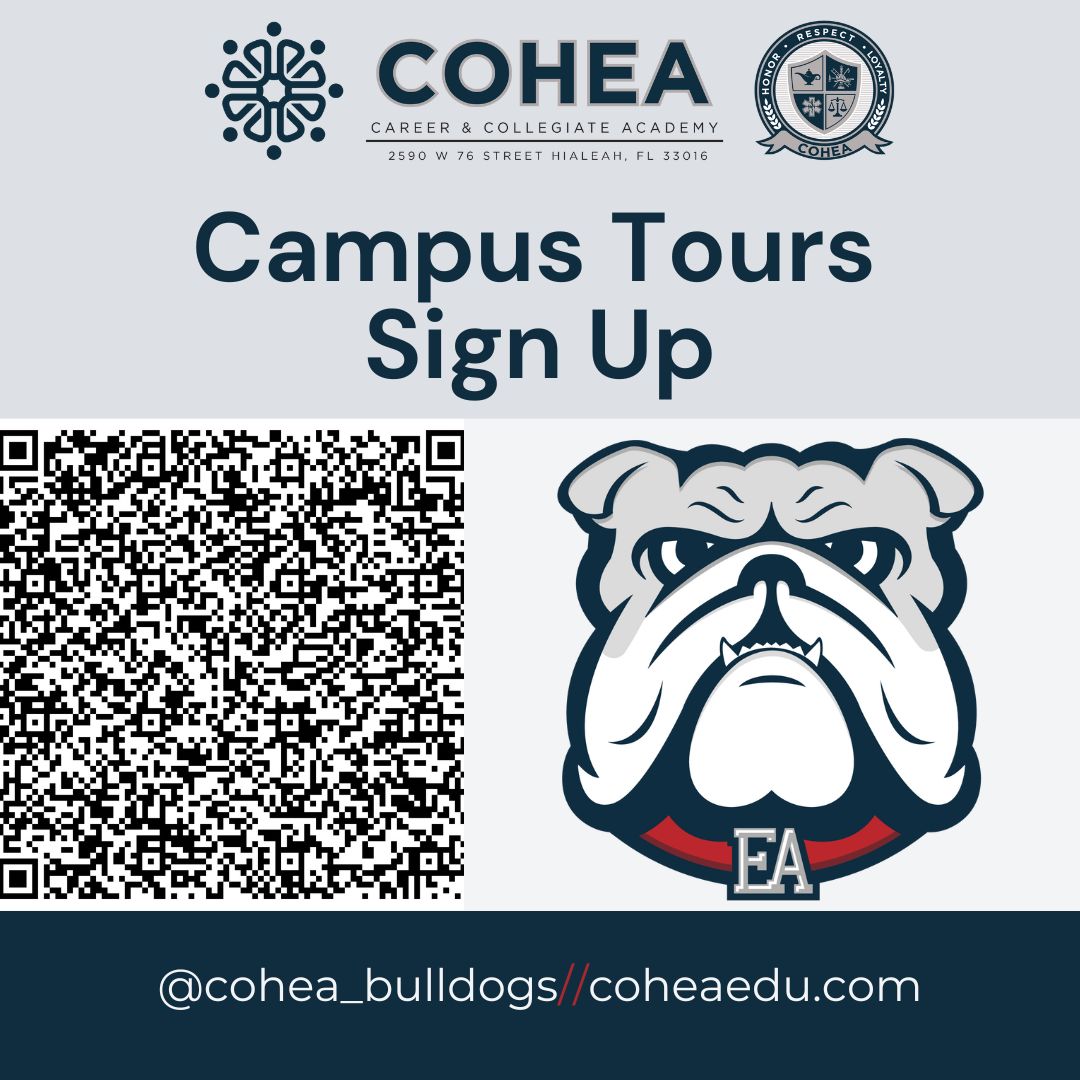The fire rescue program allows students to obtain valuable professional certifications and potential college credits that could lead to a career in fire rescue and emergency medical services. Instructor certified teachers will present to the students all the necessary. The program is developed to include both intensive classroom training and practical task assignments that will give students a comprehensive knowledge and understanding of firefighting and emergency medical services; students will receive exposure to fire fighter operations and responsibilities performed by experience firefighters.
M/J Exploration of Career Occupations 8400310 7th grade
The purpose of this course is to give students initial exposure to the skills and attitudes associated with a broad range of occupations relating to careers in health, including job requirements and tasks performed, to assist students in making informed decisions regarding their future academic and occupational goals.
M/J Exploration of Health Occupations 840021001 8th grade
The purpose of this course is to give students initial exposure to the skills and attitudes associated with a broad range of occupations relating to careers in health, including job requirements and tasks performed, to assist students in making informed decisions regarding their future academic and occupational goals.
Health Science Anatomy & Physiology I 841710004 9th grade
This course is part of the secondary Health Core consisting of an overview of the human body, both structurally and functionally with emphasis on the pathophysiology and transmission of disease. Medical terminology is an integral part of the course
Health Science Foundations 841711003 10th grade
This course is part of the Secondary Health Core designed to provide the student with an in depth knowledge of the health care system and associated occupations. Emphasis is placed on communication and interpersonal skills, use of technology, ethics and the development of critical thinking and problem solving skills. Students will also learn first aid skills and demonstrate the measurement of vital signs. Students may shadow professionals throughout the course.
Emergency Medical Responder 3 841717101 11th grade
This course prepares students to be employed as Emergency Medical Responders. Content includes, but not limited to, identifying and practicing within the appropriate scope of practice for an Emergency Medical Responder, demonstrating correct medical procedures for various emergency situations, proficiency in the appropriate instruments used, as well as a foundation in the musculoskeletal system of the body.
EMR Certification
Provides immediate lifesaving care to critical patients who access the emergency medical services system. EMRs have the knowledge and skills necessary to provide immediate lifesaving interventions while awaiting additional EMS resources to arrive. EMRs also provide assistance to higher-level personnel at the scene of emergencies and during transport. Emergency Medical Responders are a vital part of the comprehensive EMS response. Under medical oversight, Emergency Medical Responders perform basic interventions with minimal equipment.
Law, Public Safety & Security Education Directed Study 890010017 12th grade
The purpose of this course is to provide students with learning opportunities in a prescribed program of study within the Law, Public Safety & Security cluster(s) that will enhance opportunities for employment in the career field chosen by the student.
EKG Certification
Provides review of the anatomy and physiology of the heart, focusing on the circulatory system and the electrical activity of the heart. Topics: how to transport and prepare a patient for electrocardiogram; EKG paper and measures; cardiac rate determination; cardiac cycle; EKG waves and intervals; interpretation of waves and problems which may occur while taking an EKG; special recording of EKG; the EKG and the most common cardiac arrhythmias: the EKG in the myocardial infarction.
EVOC Certificate: Emergency Vehicles Operations Certificate
This is a certificate that meets or exceeds State of Florida, U.S. Department of Transportation (DOT), and National Highway Traffic Safety Administration (NHTSA) requirements for Emergency Vehicle Operators certification. This certifies enables student to maintain and drive ambulances, fire trucks, and police cars.


